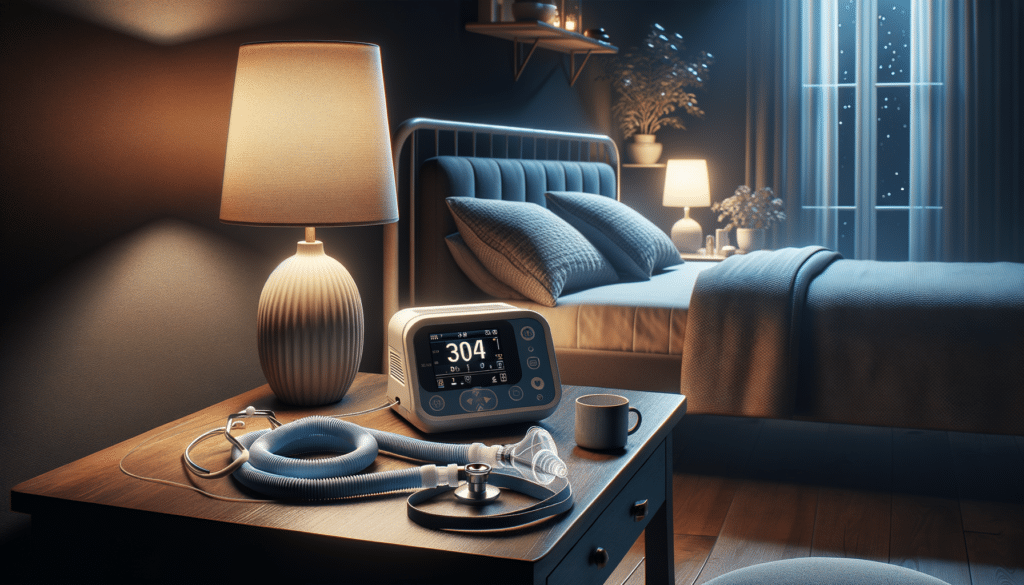Understanding Sleep Apnea Tests
Sleep apnea is a common yet often undiagnosed sleep disorder characterized by pauses in breathing or shallow breaths during sleep. These interruptions can lead to poor sleep quality and various health issues, including daytime fatigue, cardiovascular problems, and metabolic disorders. Identifying sleep apnea is crucial for effective management and treatment, and this is where a sleep apnea test plays a vital role.
Typically, a sleep apnea test is conducted in a sleep lab, where professionals monitor your sleep patterns overnight. The test, known as a polysomnography, records brain waves, oxygen levels in your blood, heart rate, breathing, and eye and leg movements. This comprehensive monitoring helps in diagnosing the severity and type of sleep apnea, whether it’s obstructive, central, or complex.
For those who may find it challenging to spend the night in a sleep lab, home sleep tests have become a viable alternative. These tests are less intrusive and allow you to sleep in the comfort of your own bed while collecting similar data on your breathing and oxygen levels. While not as detailed as a lab test, a home sleep test can still provide valuable insights, especially for diagnosing obstructive sleep apnea.
Exploring Home Sleep Tests
Home sleep tests offer a convenient and cost-effective way to diagnose sleep apnea. These tests are designed to be simple to use, providing an accessible option for individuals who suspect they have sleep apnea but are unable to visit a sleep clinic. A home sleep test typically involves a portable device that records your breathing patterns, heart rate, and oxygen levels while you sleep.
The process is straightforward: a healthcare provider prescribes the test, and you receive a kit containing the necessary equipment. Before bedtime, you attach sensors to your body according to the instructions. The device records data throughout the night, which is later analyzed by a sleep specialist to determine if sleep apnea is present.
While home sleep tests are convenient, they may not capture all the data a sleep lab can provide. For instance, they do not measure brain waves or detect other sleep disorders like narcolepsy. However, they are highly effective for diagnosing moderate to severe obstructive sleep apnea, making them a popular choice for initial screenings.
How to Get a Sleep Test
Getting a sleep test begins with recognizing the symptoms of sleep disorders. If you experience persistent snoring, daytime fatigue, or frequent awakenings during the night, it might be time to consult a healthcare provider. Discussing these symptoms with a doctor is the first step towards getting a sleep test.
Your doctor may refer you to a sleep specialist, who will evaluate your symptoms and medical history to determine if a sleep test is necessary. If a test is recommended, you may have the option of choosing between an in-lab test or a home sleep test. The choice depends on your specific symptoms, health conditions, and personal preferences.
Once a decision is made, your healthcare provider will guide you through the process. For an in-lab test, you’ll schedule an appointment at a sleep clinic. For a home test, you’ll receive a kit with instructions for setup and use. After the test, the collected data is analyzed, and your doctor will discuss the results with you, outlining any necessary treatment plans.
The Benefits of Sleep Testing
Undergoing a sleep test can significantly impact your quality of life. Identifying sleep disorders like sleep apnea allows for effective treatment, which can lead to improved sleep quality and overall health. Treatment options may include lifestyle changes, continuous positive airway pressure (CPAP) therapy, or other medical interventions.
By addressing sleep disorders, individuals often experience enhanced daytime alertness, better concentration, and a reduction in the risk of developing related health issues. Improved sleep also contributes to emotional well-being, reducing stress and mood swings.
Moreover, sleep testing provides valuable insights into your sleep patterns, helping you make informed decisions about your sleep habits and health. With the right diagnosis and treatment, many people find they can lead more active, fulfilling lives.
Conclusion: Taking Control of Your Sleep Health
Sleep is a vital component of overall health and well-being. If you suspect you have a sleep disorder, taking a sleep test is a proactive step towards better health. Whether you opt for a home sleep test or an in-lab study, the insights gained can lead to effective treatments and improved quality of life.
By understanding the importance of sleep testing and how it can identify issues like sleep apnea, you empower yourself to take control of your sleep health. With proper diagnosis and treatment, you can enjoy restful nights and energetic days, enhancing both your physical and mental health.


